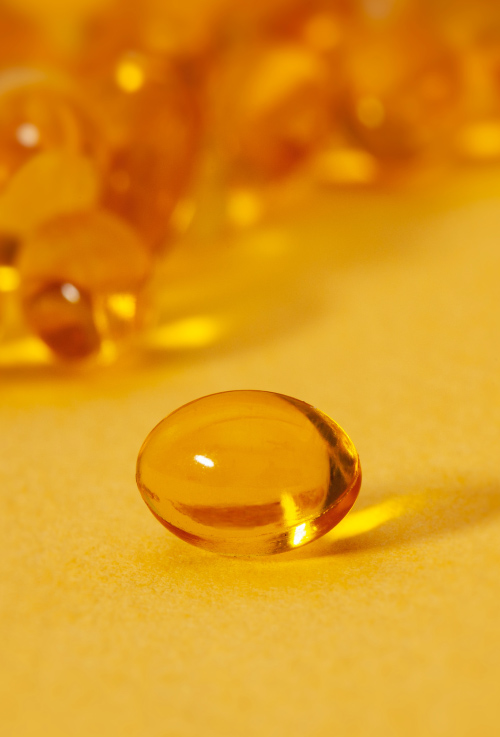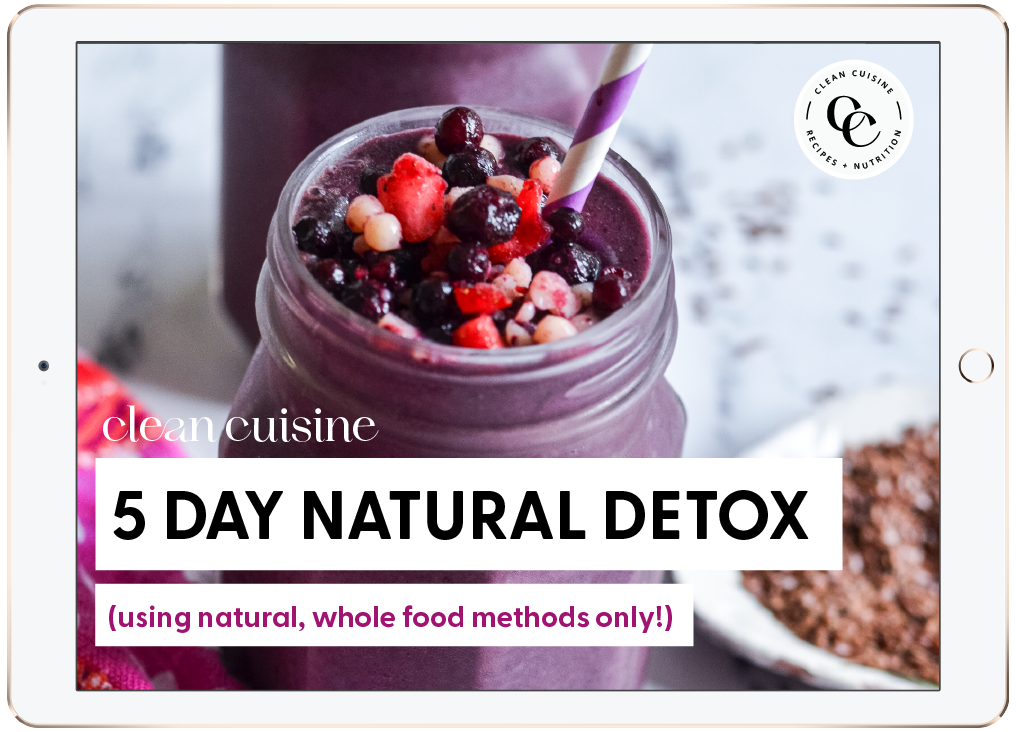We are sharing the benefits of glutathione, ways to boost the benefits and how to avoid depletion.
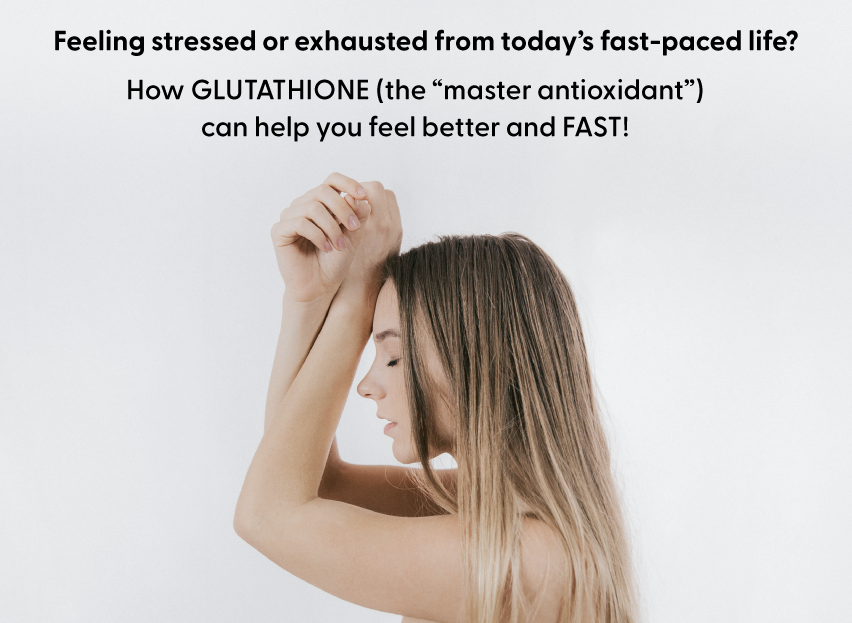
If you have a neurological condition like the autoimmune disease Multiple Sclerosis (MS) you may be familiar with glutathione benefits. Whether you have MS or not, you may have never even heard of the “super antioxidant” glutathione. Glutathione is the body’s premier antioxidant. It is an incredibly powerful detoxifier and more. It also has the potential to help millions of people feel better quickly.
This super antioxidant is commonly discussed on natural healing forums. It is very well known in the healthy living community. We won’t go into detail discussing the biochemistry or metabolism of glutathione here in this blog post.
Instead, we will try to explain how some of us stand to benefit from supplementation with this antioxidant. We will also discuss how to optimize glutathione levels following the anti-inflammatory diet, and supplementing with natural nutrients. It is critical to maintain optimum levels of glutathione within your body. It is also critical to avoid depletion if you wish to feel your best, stay healthy and slow the aging process.
For what it’s worth, our suggestions are based on extensive reading of both the medical and the lay literature. Along with our personal experiences with glutathione optimization.
Benefits of Glutathione
A potent “intracellular antioxidant”, glutathione is made naturally within your body. It is one of its most powerful antioxidants. In addition, it helps to reduce the accumulation of free radicals that contribute to inflammation, disease and premature aging.
Glutathione protects the brain against the ravaging effects of free radicals. These are a contributing factor to a number of neurological conditions, including MS.
Glutathione and its related enzymes are our body’s most “productive” antioxidants. But the benefits of glutathione go beyond its antioxidant and anti-inflammatory properties.
Glutathione Neutralizes Toxins
Glutathione plays a critical role in the body’s natural detoxification process. It neutralizes toxins and makes many other processes in your body run more efficiently. In addition, glutathione plays a critical role in the body’s immune response, DNA repair and the aging process in general. In fact, if you have low levels of glutathione the aging process will be accelerated.
Glutathione Optimizes Brain Function
Glutathione also plays a critical role in optimizing brain function. Your brain requires an enormous amount of energy and oxygen to carry out its many complex tasks. The consequence of this high dependence on oxygen is the potential for oxidative damage.
Many researchers believe that oxidative stress is responsible for a range of brain and mental disorders. This includes common concerns such as memory issues, low mood and concentration.
Your brain has to be able to counter these damaging effects. To do this, it depends on a good supply of antioxidants. However, it primarily it uses glutathione. Thus, optimizing glutathione levels will help your brain function better in every way. This includes improved focus, concentration and memory. In fact, you’ll even notice an improvement in sleep.
Glutathione Could Help With Cancer
Glutathione has the ability to help control free radicals and could help prevent cancer cells from growing and spreading. Furthermore, intravenous glutathione has been shown to trigger cancer cell death. In fact, a growing number of researchers are now crediting the increase in neurological disease and cancer to glutathione deficiency. (1, 2, 3). Moreover, it is worth noting a glutathione IV has been found to significantly reduce the neurotoxic effects associated with chemotherapy. This is all without diminishing the efficacy of chemotherapy.
Glutathione Can Easily Be Depleted
In our natural state, eating healthy, living without stress, and being relatively young and healthy, glutathione production in our bodies is an afterthought. In fact, we naturally make as much as we need. Unfortunately, many of us eat poorly, live lives of turmoil, and fortunately, live to become elderly. For this reason, basic understanding regarding glutathione can be helpful.
What Depletes Glutathione?
Glutathione stores are depleted by excessive stress, poor diet, older age and certain medications. (Here, we talk about how even over-the-counter painkillers can reduce glutathione in this blog post.)
Furthermore, many chronic diseases including autoimmune conditions deplete glutathione stores. This is because the body relies upon its glutathione stores to help fight these conditions.
In a vicious circle, the depletion of glutathione can make many of these, and other conditions worse. Therefore, immune function becomes decreased and inflammation increases. Subsequently, this bumps up cancer risk and worsens the symptoms of depression and chronic fatigue syndrome.
As a result, the symptoms of autoimmune disease can go from manageable to unbearable as glutathione stores deplete. Fortunately, there are ways to fight this battle and win….
Boosting the Benefits of Glutathione IV
In 2005 we were introduced to glutathione IV therapy from a neurologist, Dr. David Perlmutter. (Dr. Perlmutter is a four-time NY Times bestselling author of nutrition books. Many of these discuss glutathione, including our all-time favorite and one of his earlier books, The Better Brain Book.)
Glutathione IV Delivers REAL Benefits…REAL FAST
Dr. Perlmutter does not have a before/after a glutathione injection video featuring an MS patient. However, this video of The Parkinson’s patient shows dramatic improvement thirty minutes after an injection.
How a Glutathione IV Can Help
Getting an intravenous glutathione injection or a Glutathione IV is best provided at a holistic or functional medicine practice. It involves starting an IV, and allowing the antioxidants to drip slowly over about ten minutes.
If you are indeed depleted, you will probably notice that you have a significant renewed vigor. As a result, your symptoms may well decrease due to repletion of this very important antioxidant.
Unquestionably, if significant stress has made your chronic condition worse, then glutathione injection should be considered.
The benefits of a glutathione IV are pretty remarkable. Specifically, the benefits are especially noticeable in energy and strength.
A Surgeon’s Opinion on Glutathione IV
For more context, I consulted local internal medicine specialist Dr. Michelle Massa, MD, owner of Advanced Natural Medicine of Jupiter (south Florida). I asked why she uses IV glutathione to help her patients and what type of results she sees.
This is what she said:
“Even if we do all the right things including eating an organic healthy diet, hydrating, exercising, and practicing mindfulness. Along with trying to avoid unnecessary toxins found in skin care products. We are bombarded daily by toxins in our environment which are difficult to avoid or control. This leads to free radical damage to the cells of our body. Which can cause early aging, poor immunity, increased risk of heart disease, diabetes, cancer, and other chronic health issues.
Using a regimen that includes glutathione can help combat this internal damage caused by free radicals. I recommend boosting glutathione levels by adding foods high in this powerful antioxidant along with supplementing via Glutathione IV therapy. This will allow your body to function at its best and eradicate free radicals before their damaging effects occur. Some of the testimonies we hear following IV glutathione therapy include improved energy levels, enhanced mental clarity and sharpness, improvement in sleep, and a general sense of well-being. It really is an excellent therapy that should be included in our daily practices of prevention.”
This represents a significant endorsement from a physician who sees the benefits to optimizing glutathione levels every day.
How to Avoid Glutathione Depletion
Now you know the benefits of glutathione and that your body manufactures it on its own. Following this, it’s important to know how to avoid glutathione depletion. Here are some of the most important things you can do.
Nutritional Supplements for Glutathione
Glutathione is a complex protein synthetized by your body from the amino acids cysteine, glycine, and glutamate. Cysteine is the limiting factor in this process. Importantly, the lack of adequate cysteine intake is what prevents some of us from making as much glutathione as we would optimally need.
Most of us obtain plenty of glycine and glutamate in our diets. Thus, supplementing with the particular amino acid cysteine or the supplement N-acetyl cysteine (NAC) can boost glutathione levels beyond what can be achieved from the typical diet alone.
Other readily available supplements which increase the body’s ability to make glutathione include:
- Alpha-lipoic acid
- Vitamin C
- Vitamin D3
- Selenium
- Curcumin from turmeric****

Supplementing with Turmeric Curcumin
We do not recommend supplementation with isolated compounds such as curcumin. Instead, choose the “whole” food which in this case would be turmeric. You can get turmeric through supplementation or from the root itself.
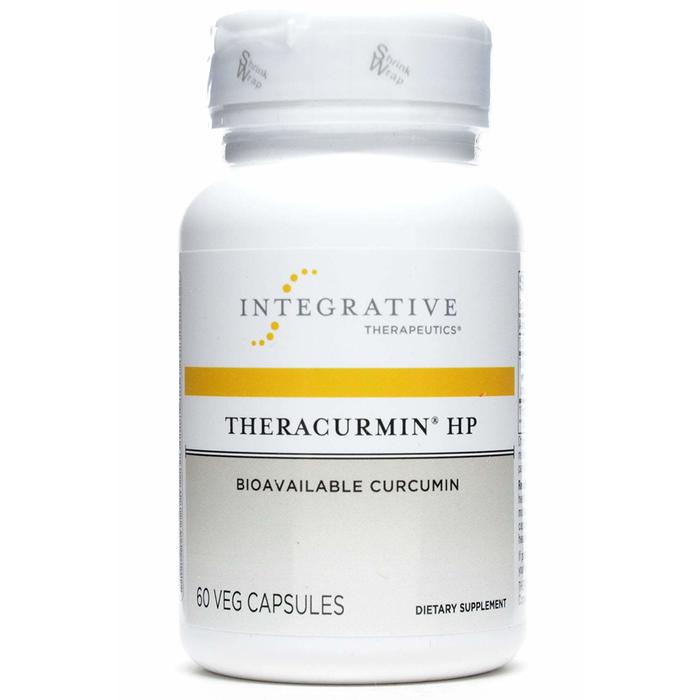
However, turmeric is not easily absorbed. If you plan to supplement you want to make sure you get a highly bio-available form.
For example, this is the turmeric supplement we recommend. If you want to get turmeric directly from the root just be sure to add a little healthy fat and black pepper to boost bio-availability. Or try this Anti-Inflammatory Turmeric Chai Golden Latte Recipe!
Food to Increase Benefits of Glutathione
Most meats are rich in cysteine and some are rich in sulfur. Therefore, meats are a perfectly fine sources of glutathione substrates. Just be sure to choose the “cleanest” meat that is prepared well, lean, and organically sourced.
Increased protein can be helpful. Because of this, older persons should consider increasing intake of high quality proteins. This is especially helpful if they are mostly eating carbohydrates or not eating much period.
Eating foods rich in sulfur plays a critical role in helping the body manufacture it’s own glutathione. Ideally you would eat two or three servings of one of the following sulfur-rich plant foods everyday:
- Kale
- Cabbage
- Cauliflower
- Asparagus
- Mustard greens
- Brussel sprouts
- Onions
- Garlic
- Tomatoes
- Broccoli
- Avocado
- Bok choy
- Sweet potatoes
- Turnips
- Watermelon
- Nuts
Supplementing with Glutathione Directly
Finally, consider a high quality oral glutathione supplement such as Torry Naturally Clinical Glutathione or Optimal Liposomal Glutathione. Take this in a daily dosage ranging from 250 mg to 1000 mg.
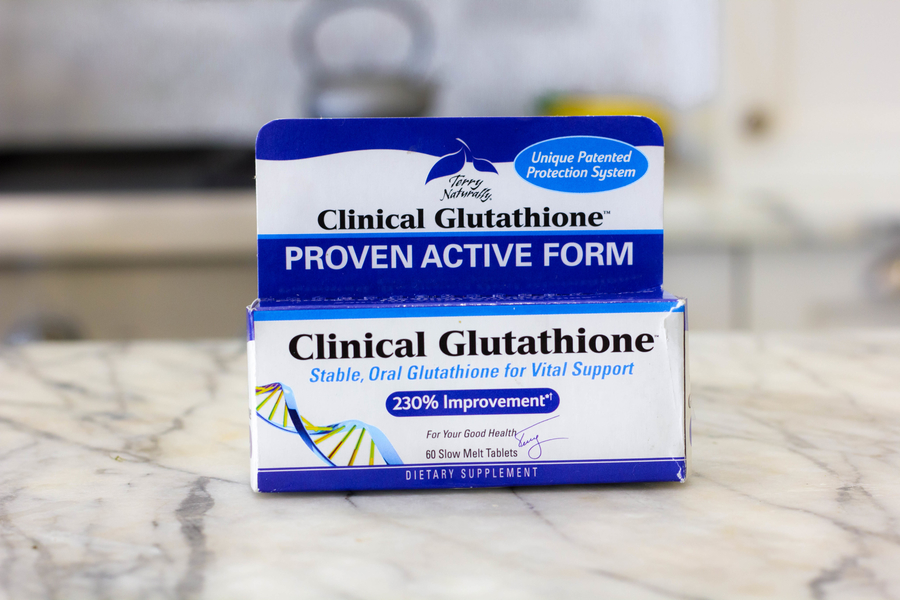
However, if you want to reap the benefits of glutathione, it’s so important to buy a high quality supplement.
That’s because the absorbability of glutathione is relatively low. In fact, it is only in the last decade that technology has advanced enough to make oral glutathione supplementation.
These doses of a high quality oral glutathione supplement have been shown to raise blood levels up to 40% if taken on a daily basis. Even though the bio-availability of oral glutathione is relatively low.
Glutathione and Autoimmune Disease
It is very reasonable for people with certain conditions, or lifestyles to supplement with oral glutathione. This could include those with chronic disease, poor appetite, poor food intake, autoimmune conditions and those older age.
There does not seem to be much difference in the effect on blood levels in liposomal glutathione, and standard glutathione. Because of this, you should focus on the milligram dosage and a trusted brand name more than on other factors.
Benefits of Glutathione, In Conclusion…
Optimizing glutathione levels is to everyone’s benefit. We handle this primarily through diet and by taking a few key supplements. However, in a crisis we will also seek out the help of a holistic practitioner. They will provide a glutathione IV supplementation of this powerful antioxidant.
We would strongly suggest oral supplementation if you have a chronic condition, autoimmune condition, or suffer from chronic fatigue.
In summary, there are no downsides to glutathione supplementation when taken orally nor when taken intravenously when provided by a qualified specialist. Here’s to good health and optimum function!



